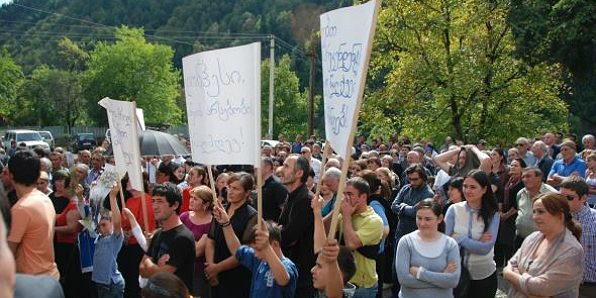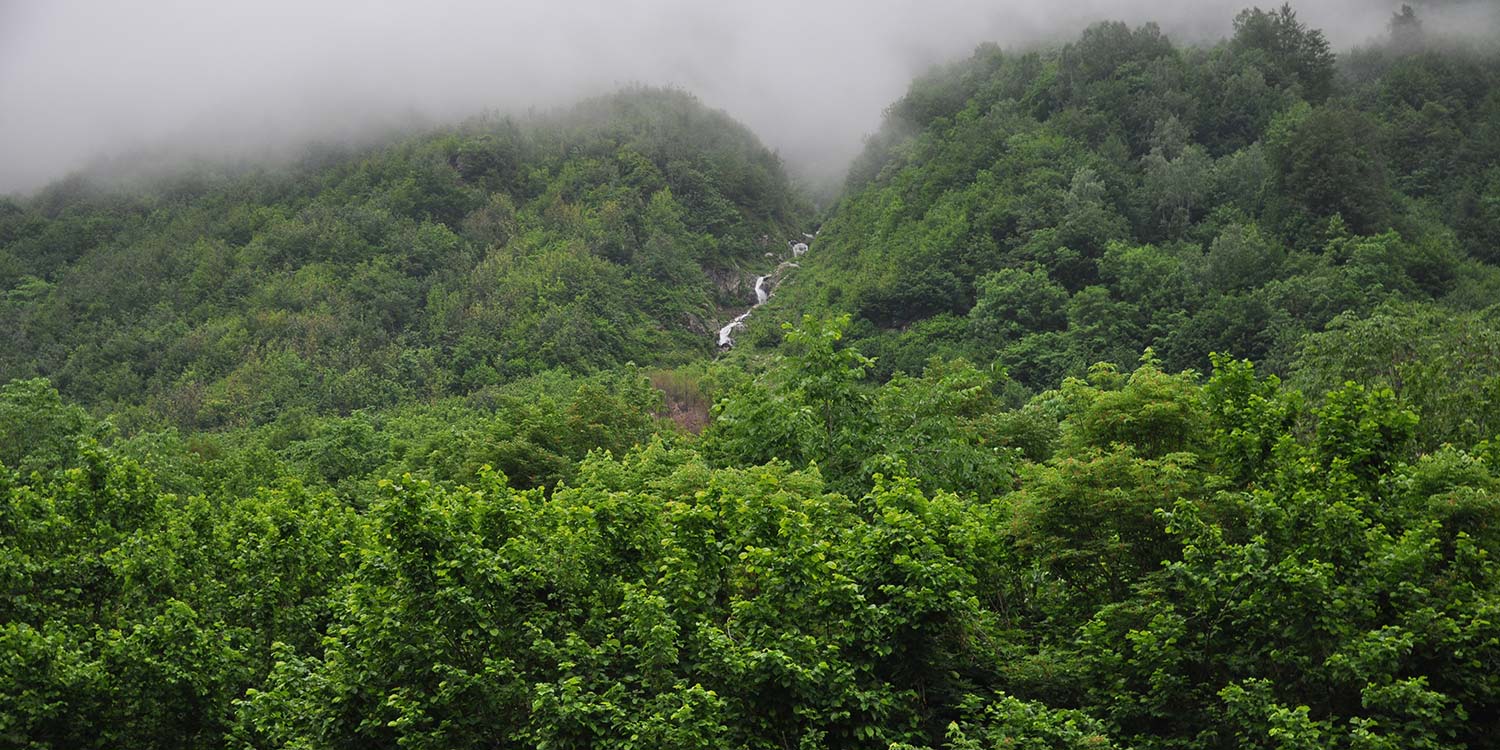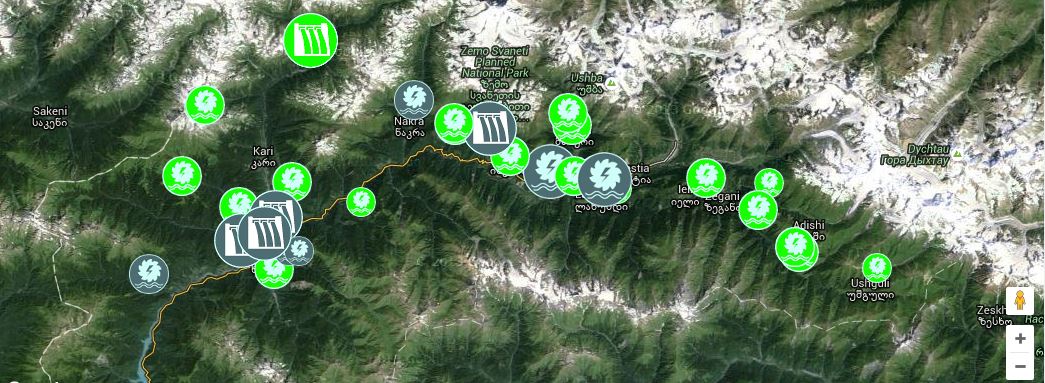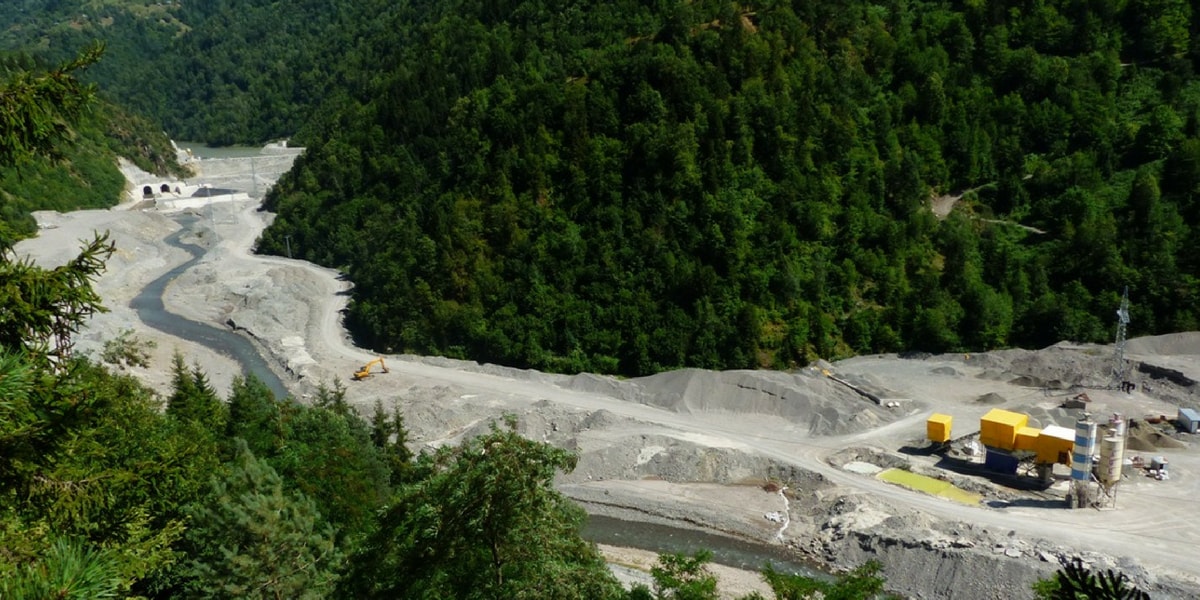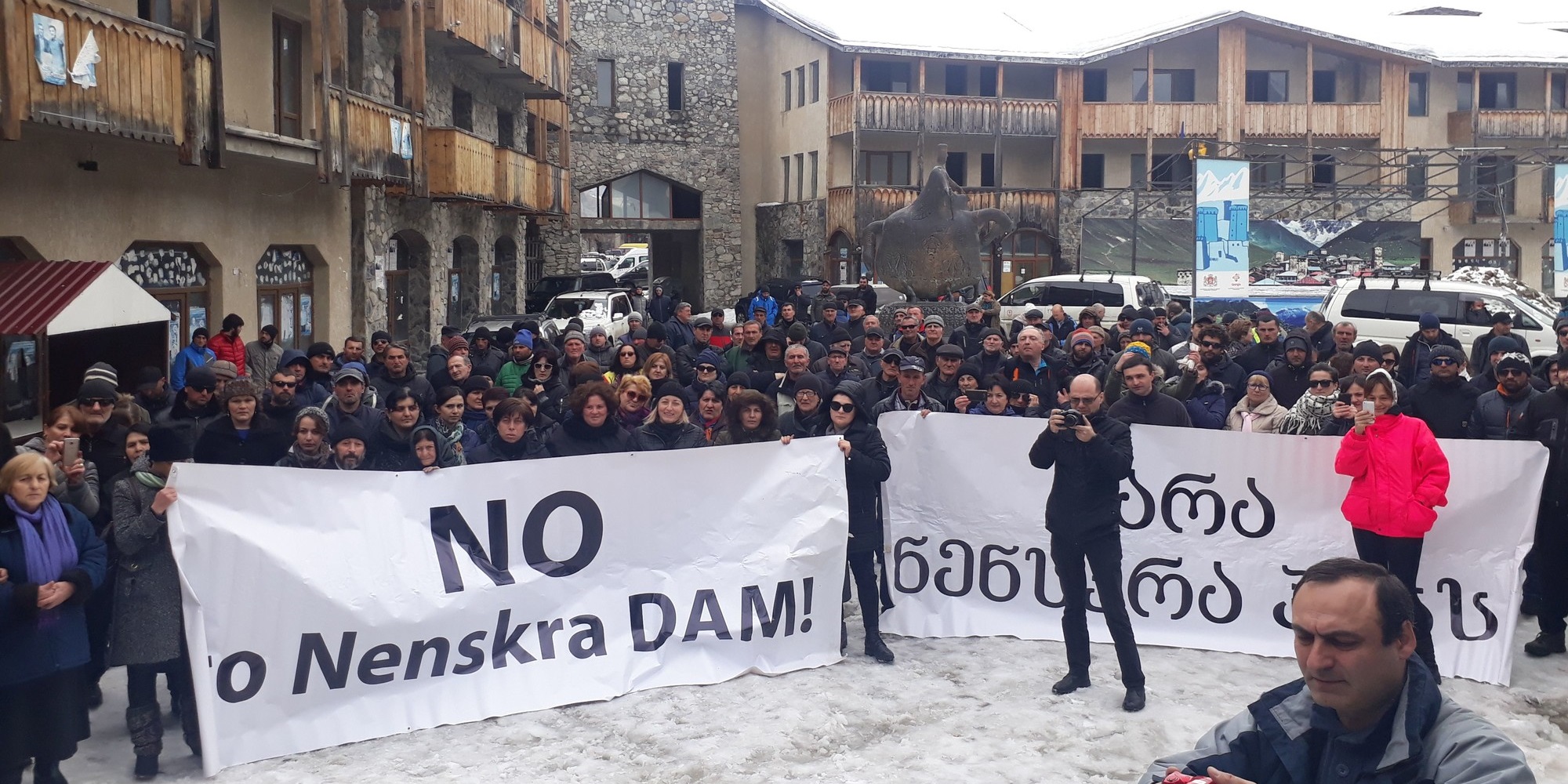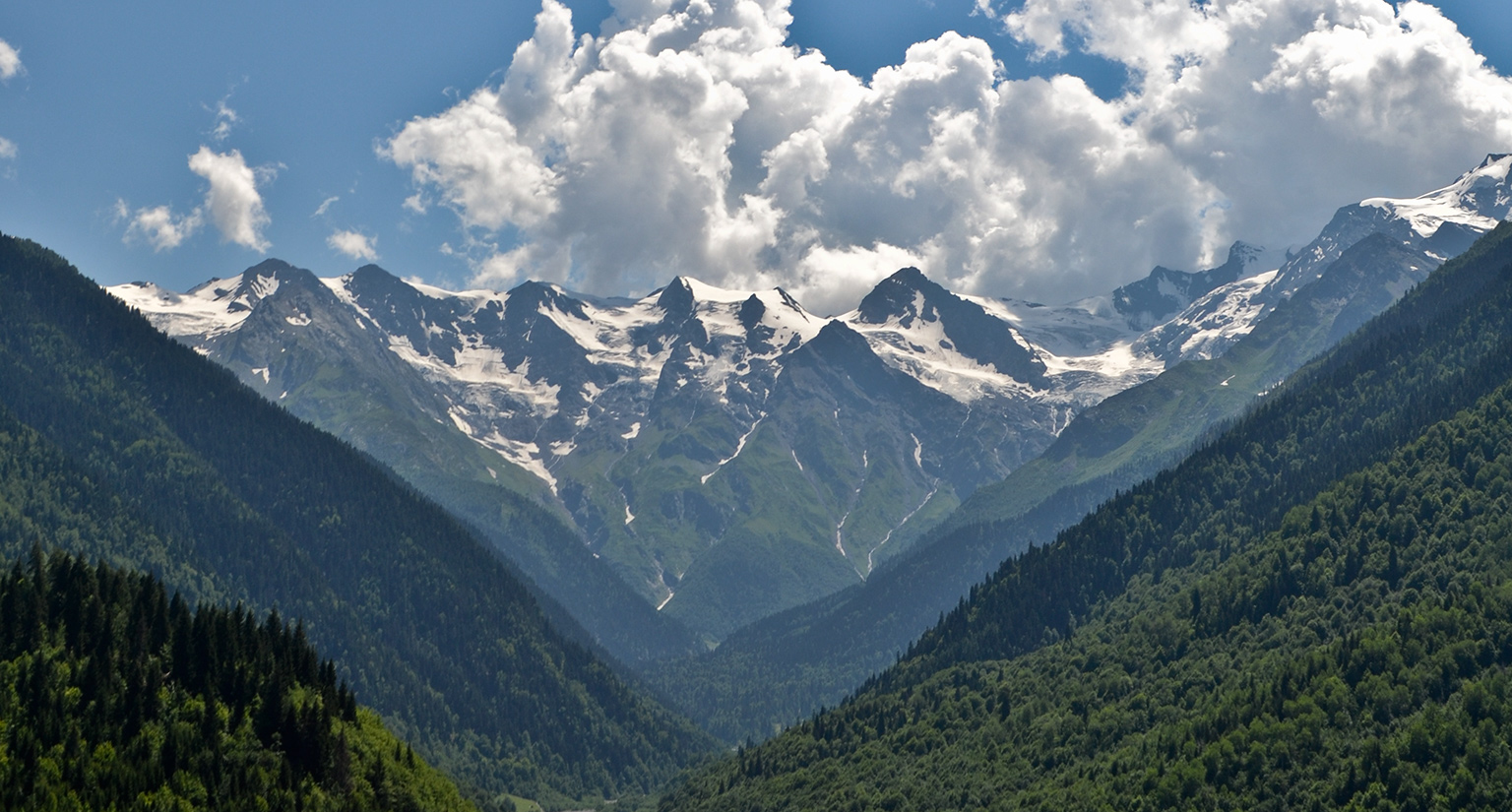Hydropower development in Georgia
Georgia plans to build a huge number of dams. Yet with 85 percent of electricity needs satisfied and exports not being taxed, these plans will rather benefit private investors than offering sustainable development for Georgia.
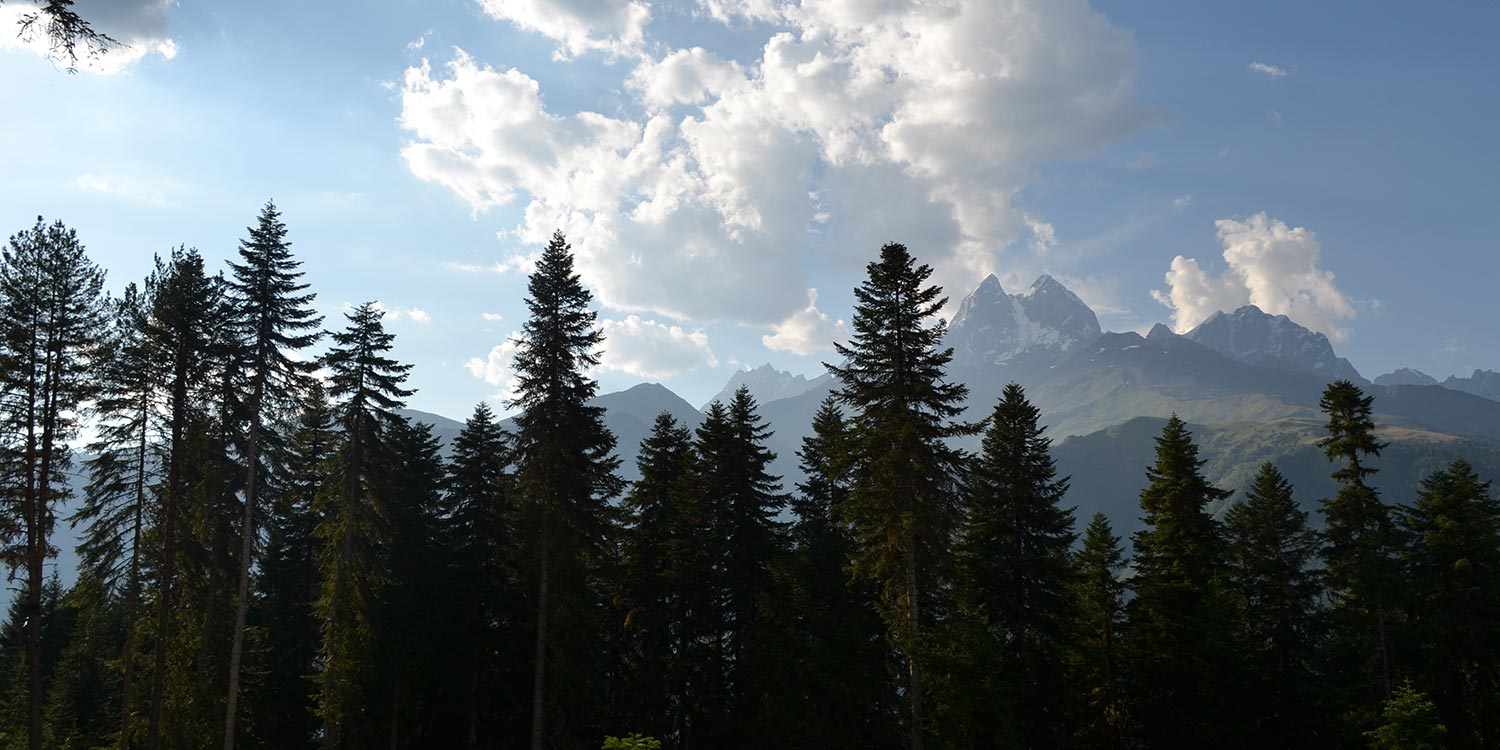
Stay informed
We closely follow international public finance and bring critical updates from the ground.
Key issues
- large dams will have adverse impacts on local communities’ livelihoods – more >>
- a cascade of projects will reshape the pristine mountain area of Upper Svaneti – more >>
- land- and mud slides have already resulted in casualties, yet geological risks are not properly assessed – more >>
- legal framework in Georgia offers limited protection for people affected by expropriation and resettlement – more >>
Background
Blessed with staggering mountains, Georgia has a largely unexploited hydropower potential on which private investors, the Georgian government and international lenders have set their sight.
Experience and ongoing monitoring shows that while some hydropower projects would only bring marginal, if any, benefits for locals, the risks associated with them are largely being underestimated or ignored.
Large dams versus local communities
Khudoni
By far the most controversial hydropower project in Georgia is the Khudoni dam. It will interfere with a rich cultural heritage and 2000 people will have to be forcefully resettled.
At the same time the opaque ownership of the project company (registered in a tax haven) and its contractual obligations make the purported benefits of the 702 MW project doubtful.
Nenskra
Not far from the site for Khudoni, another controversial large dam project, the 280 MW Nenskra hydropower plant, is being planned. It is the most advanced of Georgia’s massive plans for hydropower installations in the Upper Svaneti region.
It will deprive the local community of ethnic Svans of lands and livelihoods, but potential negative impacts have not been properly assessed.
A historical view on the Georgian energy sector, the effects on local communities and the role of international financial institutions.
Geological hazards in mountain areas
Also smaller projects like the Dariali (pdf) and the Shuakhevi (pdf) HPPs can pose substantial risks, even when no dams have to be built.
Apart from damaging the rivers’ biodiversity, the projects are being constructed without proper assessment of the geological conditions. Two fatal landslides in the Dariali Gorge revealed the irresponsible decision-making by the investors and the Georgian government.
Read more
Second fatal landslide in Georgian Dariali valley
Blog post | August 22, 2014
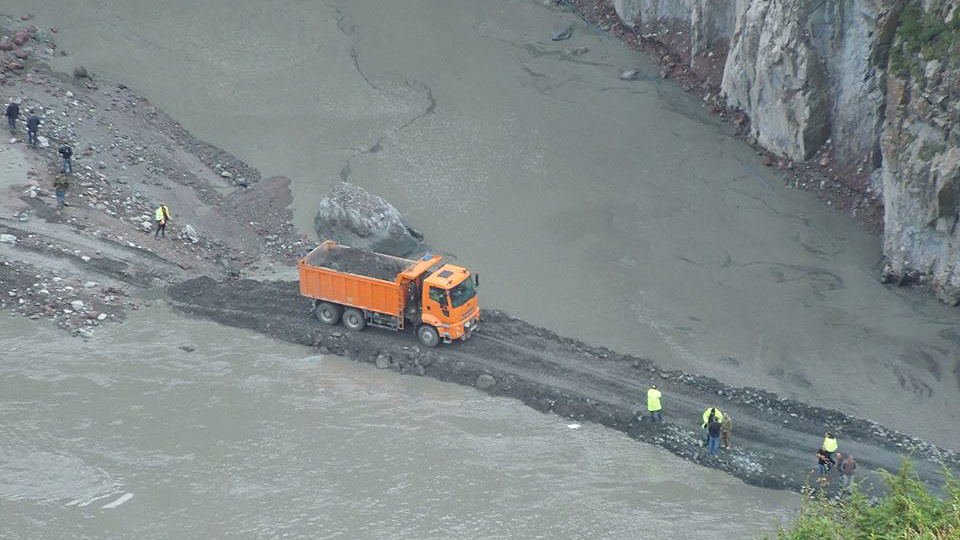
Landslides happened at the site of the Dariali hydropower construction. (Original image by Iago Kazalikashvili.)
Al Jazeera visited Georgia’s hydropower projects to report on constructions in seismically active areas.
Resettlement and lack of legal protection
Georgian communities that face hydropower projects have difficulties protecting their rights as affected stakeholders and landowners.
- Georgia’s legislation does not address the issue of involuntary resettlement caused by infrastructure projects.
- The Environmental Impact Assessment (EIA) system is ineffective in Georgia, both in terms of providing the public with information and opportunities for public participation (pdf).
- An unclear legal rights regime offers no or minimal protection for communities that make customary use of land that traditionally was in their hands. Unregistered land plots can literally be grabbed by investors for infrastructure projects.
In addition to the threat of losing their land or being resettled, farmers may have to face reduced access to water for irrigation or higher risk of flooding due to dam constructions. Both exposes them to an increased food insecurity.
Related projects
Shuakhevi hydropower plant, Georgia
Georgia’s biggest and one of the most controversial hydropower plants is mostly famous for its failures. Two months after becoming operational in 2017 its tunnels collapsed. And after two years of repairs water is leaking from the dam. Shuakhevi hydropower plant (HPP) once promised to bring energy independence to Georgia. Instead it managed to collect an impressive ‘portfolio’ of problems in a wide range of areas: from biodiversity, to gender impacts, to community relations.
Nenskra hydropower plant, Georgia
The Nenskra dam is the largest of Georgia’s massive plans for hydropower installations in the Upper Svaneti region. If realized, it will deprive the local indigenous communities of their ancestral lands and traditional livelihoods, and cause an irreversible damage to the fragile river and mountain ecosystems.
Khudoni hydropower plant, Georgia
While a mountain community will have to be forced to resettle for this mega-project, the opaque ownership and weak taxation mean that benefits for Georgia are highly doubtful.
Latest news
Activists say Bosnian dam threatens river life and rafters
Bankwatch in the media | 26 June, 2024KONJIC, Bosnia, June 25 (Reuters) – Environmental activist Lejla Kusturica stood on the banks of Bosnia and Herzegovina’s Neretva river, …
Read moreBattling Rapids and Regulation: Neretva River’s Eco-Warrior Stands Tall
Bankwatch in the media | 25 June, 2024Lejla Kusturica, a Bosnian environmental activist, is concerned about the impact of a new hydro-power dam on the Neretva river’s ecosystem …
Read moreCourt annuls environmental permit for Drina hydropower project
Bankwatch in the media | 2 May, 2024Photo: fotos1992 from Pixabay
Read moreRelated publications
Hydropower in Georgia
Briefing | 6 May, 2015 | Download PDFSince 2011 the European Bank for Reconstruction and Development has provided USD 210.5 million to three greenfield hydropower projects (HPP) in Georgia – Paravani, Dariali and Shuakhevi. Instead of bringing improvements on the ground and environmental standards that are on par with best international practice, the EBRD has, by funding these projects, simply justified the wrongdoings that were from the beginning apparent: the degradation of river ecosystems, corruption and threats to people.
The Great Rush – The European Union’s responsibility in natural resources grabbing
Study | 31 October, 2014 | Download PDFLand, forests, water and raw materials are valuable resources that increasingly interest the major players of the economy of our planet. This report collects 16 case studies from around the world in order to better understand the impacts of natural resource grabbing on the local communities, clarify the responsibilities of the European Union and, in conclusion, examine actions to be undertaken to invert this phenomenon.
The Shuakhevi hydropower plant project, Georgia
Briefing | 2 May, 2014 | Download PDFThe European Bank for Reconstruction and Development has approved a loan of up to USD 86.5 million for Adjaristsqali Georgia LLC (AGL), a subsidiary of the Norwegian Clean Energy Invest for the construction of the 185 MW Shuakhevi hydropower plant (HPP). The project involves the construction of two dams and three diversion tunnels. Bankwatch member group Green Alternative has concerns about the possible negative impacts of the Shuakhevi HPP and the overall justification for the project, both explained in this briefing.
